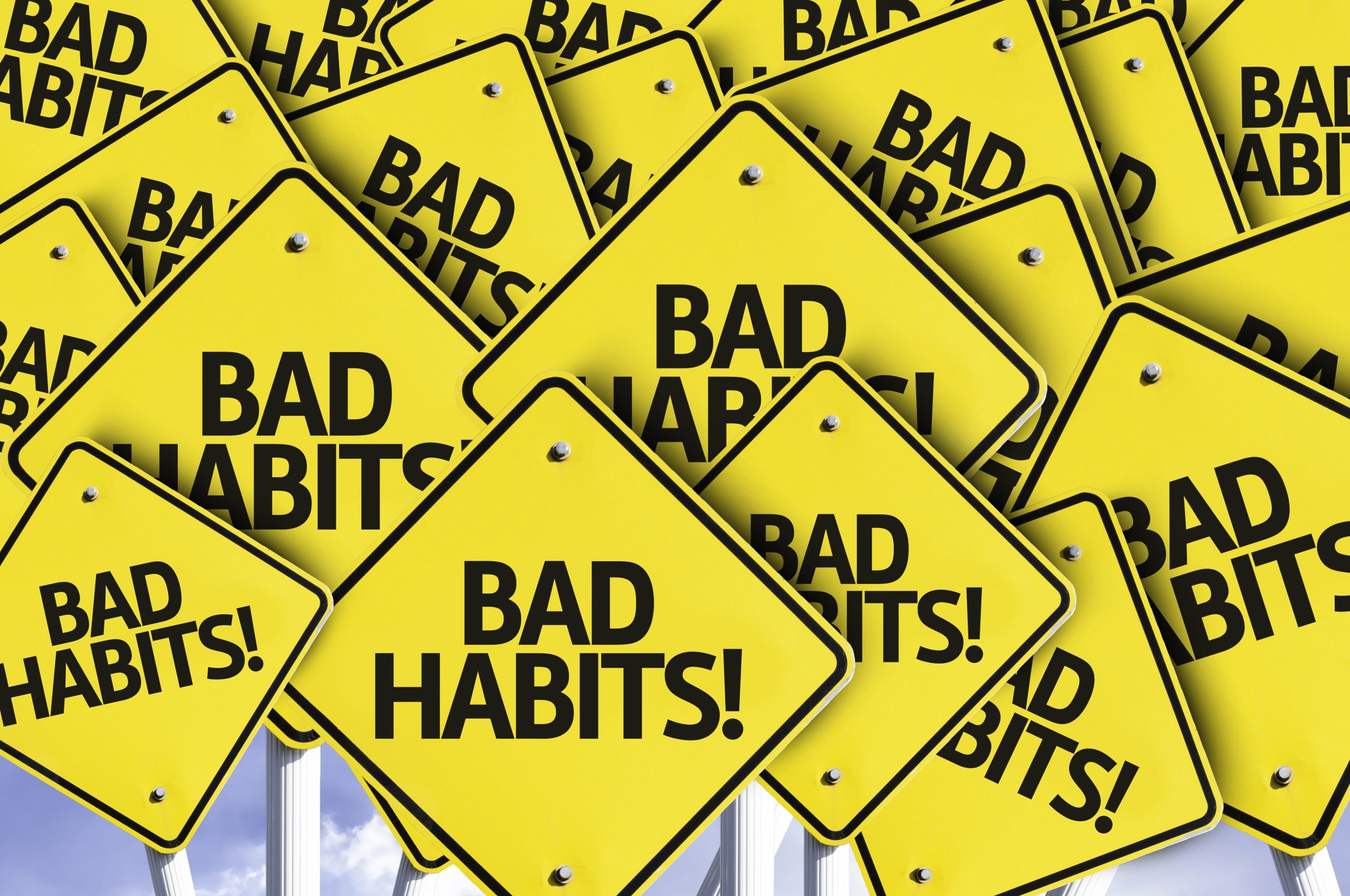Recreational drug use and association with stroke
The term recreational drugs refers to illegal and prescribed medications that are used inappropriately to produce a pleasurable or other effect that the user feels (initially) improves their quality of life or provides an (emotional) escape.
However a number of recreational drugs can significantly increase the risk of having a stroke. Abuse of these drugs should be considered in any person with stroke particularly younger persons, even if other risk factors are present and/or the person denies the use of drugs (Kaku & Lowenstein 1990).
The actual number of patients who present with stroke from use of drugs can be hard to quantify. It can be difficult to obtain an accurate case history regarding recreational drug use. Increasing numbers of people using recreational drugs and the increase in stroke in younger people (15-44 year olds) appear to be linked. In a study by Kaku and Lowenstein 1990, recreational drug abuse was the most commonly identified potential predisposing risk factor for stroke in patients less than 35 years old. (Kaku & Lowenstein 1990).
There are a number of drugs that may precipitate ischaemic or haemorrhagic strokes. Mechanisms include through raising blood pressure, introducing infection, heavy metal contamination of the drug, causing arrhythmias or direct effects of the drug. Examples include Cocaine, heroin, amphetamines, MDMA, ketamine and marijuana, all of which are illegal to possess.
Prescription drugs used inappropriately can also increase the risk of stroke. These include opioids, Gabapentinoids, antipsychotics, anticholinergics, which includes antihistamines, sleeping tablets and some antidepressants or antispasmodic medications. There are others including herbal and plant based products, such as Khat, Kratom and St. John’s Wort that have also been linked to ischaemic and haemorrhagic strokes.
NB: It is important to be aware that stroke can also be a recognised side effect associated with certain prescription medications. However a decision to start someone on such medication will have been weighed against the therapeutic benefit of the new drug. This risk information should be discussed between the person and their doctor, pharmacist or a specialist healthcare professional when commencing any new drug treatment.

Page last reviewed: 20 Apr 2022


